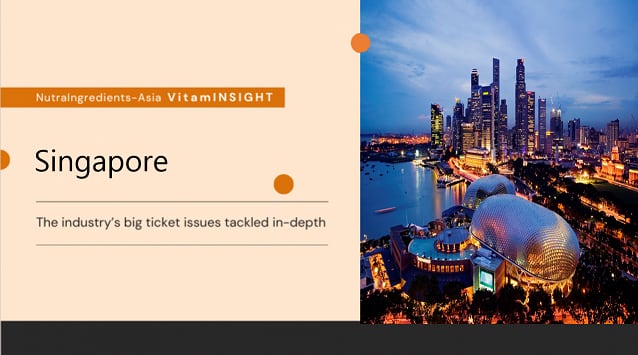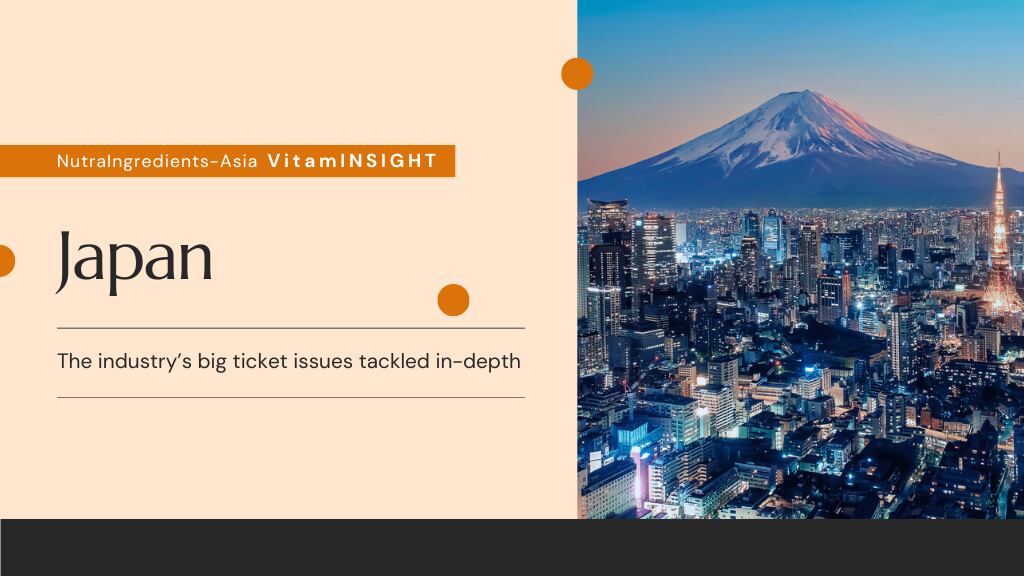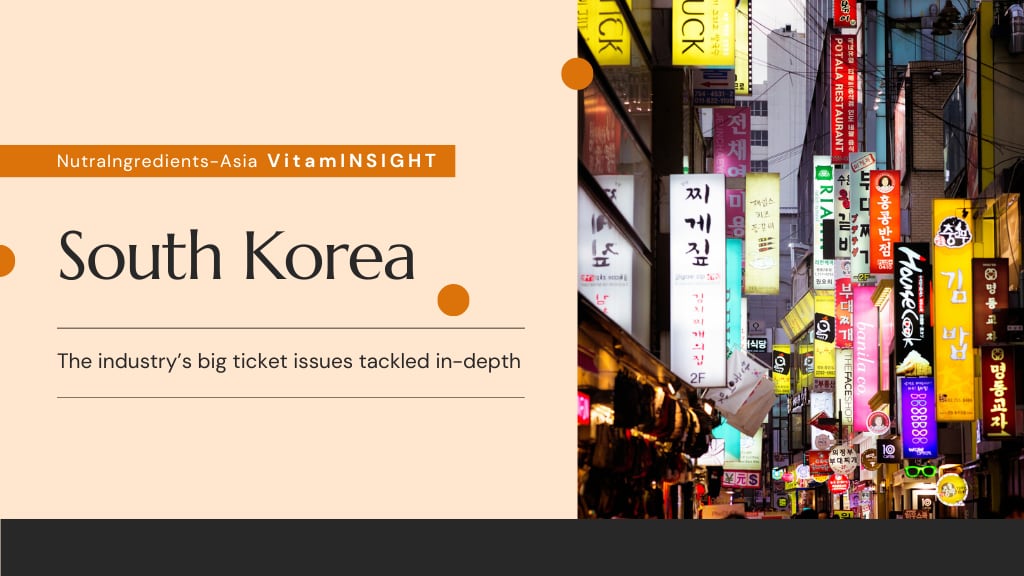Bone, joint, and muscle health needs are reported to be driving health supplements demand in the island-state, with beauty-from-within an emerging category, based on the observations from Swisse and local brand QN Wellness.
Situated in the heart of South East Asia (SEA), Singapore has a population of 5.9 million, with a median age of 42.4, data from Singapore Department of Statistics (DOS) has shown.
In terms of expenditure, the Consumer Price Index (CPI) of health care in which dietary and health supplements fall under, has gone up by 4.5 per cent year-on-year, as of September 2023, based on data from DOS.
The CPI is widely used as a consumer inflation measure and tracks the average price changes overtime of a fixed basket of consumption goods and services commonly purchased by resident households.
Even so, consumers are willing to invest and do not want to compromise on their health and nutrition products purchase, according to Poh Ling Cheang, general manager at H&H Group (SEA) – parent company of Swisse.
“Singapore consumers in general, are still very much in favour to invest in premium quality ingredients, and therefore when it comes to products that are sought after, is also those that are on the high-end side.
“As consumer awareness with regard to self-care increases, investment in health has also been part and parcel of the lifestyle, including having a healthier lifestyle, as well as supplements with the right level of vitamins and minerals and a healthy diet.
“In that case, we do not see a compromise in terms of the consumption of products from this category,” said Cheang.
In fact, Singapore, a melting pot of local and international brands, is considered a key overseas market for some of the nutraceutical brands.
In its half-year report, H&H Group pointed out that Singapore and Hong Kong SAR were its most profitable expansion markets, apart from mainland China, Australia, and New Zealand.
The company recorded double-digit growth in both Singapore and Hong Kong SAR in the first six months of 2023.
Singapore, alongside Malaysia, is also one of the key markets for Australia-based Vita Life Sciences, which is selling its products under the brand VitaHealth and Herbs of Gold.
Its revenue in Singapore in the first six months of 2023 was up five per cent as compared to the previous corresponding period (pcp) to AUD$2.9m (US$1.8m). In Malaysia, it recorded a revenue of AUD$9.9m (US$6.3m) and AUD$774k (US$493k) in other markets.
The firm said in its half-year report that the growth in Singapore was supported by increased product ranging.
Chain retailers, hospitals, e-commerce, and other independent stores had contributed more sales, in turn offsetting a decline seen in larger modern trade retail stores.
The company added that the market conditions in Singapore have been improving despite challenging macro-economic conditions.
In this series of VitamINSIGHTS, we will take a closer look into the consumer purchasing patterns, the trending and emerging health and nutrition categories in the market.
Part I: Preference for premium, imported goods
There is a preference among Singapore consumers for premium and imported nutraceutical products, especially if they are from the younger age group.
Premium, higher quality products are preferred partly because consumers are very much in favour of science-backed ingredients and efficacious products.
“The Singapore health supplement consumer is in general, very well-equipped with knowledge and very savvy with research on ingredients and are very much in favour of scientifically proven ingredients and the efficacy of the products,” said Cheang.
They are, therefore, very much willing to invest in premium quality ingredients.
In contrast, consumers from the neighbouring countries are more into traditional herb-based supplements and would prefer smaller pack size products.
The preference for local or international brands depends on the consumers’ age, according to Dave Ang, director of local Singapore health supplement company QN Wellness.
The company's products are mostly plant-based and are available in over 400 retail stores, including pharmacy chains Watsons, Guardian, Unity, and Chinese medical halls.
“It all depends on the age group. The younger generation will probably come across more online advertisements and would lean more towards the imported products.”
The younger consumers, as well as women, would also tend to prefer “trendier” product formats, such as jellies, powder sachet, and gummies.
As for the older adults, who are currently QN Wellness’ main consumer group, Ang said that they were mostly supportive of local products and would prefer traditional formats such as tablets and caplets.
Nonetheless, he acknowledged that the younger consumers and the female audience would be a huge target audience that he couldn’t missed out as well.
“The market competition in Singapore is intense. You can see in the pharmacies such as Guardian, Unity, and Watsons that there's so many brands, such as Swisse and Blackmores, those are the overseas brands.
“But in terms of competition, I don't really see that we have ‘real’ competitors who have a full plant-based range, as the other brands are very much focusing on the ‘essentials’, such as vitamin A, B, C, co-enzyme Q10 products etc, and so we have a slightly different target audience.”
Asked the market performance since COVID-19 began, he said that the company has recorded about 10 per cent year-on-year growth in the past three years.
However, there has been a slowdown in spending, he said when he spoke with us in late August.
“The spending for health supplements is still up there right after COVID-19. But we have seen a slowdown in these two months.
“This is not only the case for us, because when we spoke with the retailers, they said that this has been happening across the board and that consumers have been tightening their spending,” he said.
Still, he believes that the situation will not last.
“I think this is temporary, because when the pain hits, definitely they will want to get a solution,” he said.
According to information from Shopee 9.9 Super Shopping Day, the top selling health and wellness dietary brands in Singapore during its September sales was led by The Purest Co – a Singapore superfoods brand that sells edible bottled bird’s nest, health drinks, and gummies.
The list is followed by another Singapore brand Kinohimitsu, Brand’s by Japan’s Suntory, AFC and Labo Nutrition, and Biofinest from the US.
Part II: Bone, joint, and muscle a major category, with beauty-from-within on the rise
Multivitamins, along with bone, joint, and muscle health supplements, are the major categories driving the Singapore nutraceutical market growth. However, beauty-from-within and probiotics are fast on the rise.
“In general, there are two major product range in the health supplement category in Singapore. One is multivitamins and the other is joint, bones, muscles related products,” said Cheang.
Within these two popular categories, it was observed that gender and age-based versions are gaining interest among the Singapore consumers, such as the men’s and women’s multivitamins.
Watch the following video as Cheang tells us more.
Similarly, for QN Wellness, their bestselling products are its bone and joint health SKUs.
The brand is perhaps most well-known for its Bone Essential caplet which contains calcium L-aspartate, turmeric, and aloe vera as the active ingredients. The L-aspartate, derived from wild yam, serves as a “biocarrier” that brings calcium to the bone, which is said to increase the absorption rate of calcium.
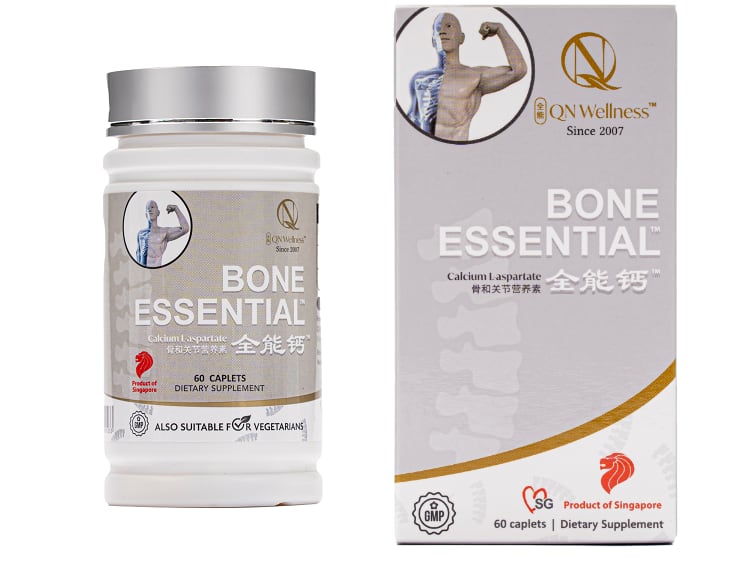
Its other bone and joint health product is Plant-Glucosamine Flexi-Joint caplets containing plant-glucosamine made from corn, methyl-sulfonyl-methane (MSM), and boswellin extract.
On the other hand, both Swisse and QN Wellness noticed that beauty-from-within is a fast-rising category in Singapore.
Swisse is the number one brand in the beauty-from-within supplement category in Singapore, according to data from Nielsen.
“The bestsellers have a combination of products that are traditionally well-received, such as hair, skin, nails tablets and recently.
“We do see a strong demand with collagen related products, such as Collagen Glow and Collagen Plus,” said Cheang.
Formulated with collagen hydrolysate, vitamin C, grape seed extract, co-enzyme Q10, vitamin E, and copper as the key ingredients, Collagen Glow tablets are said to support collagen formation, skin elasticity, and firmness.
In the same vein, QN Wellness is hoping to capture the new and younger consumers by coming up with beauty-from-within SKUs.
“Right now, about 50 per cent of our products are catered to healthy ageing and we are targeting to come out with other products, such as beauty-from-within that’s related to the use of collagen and slimming or some trendy products,” said Ang.
Probiotics and gastrointestinal products are the other emerging categories in Singapore.
“We observed that there is growth in probiotics-related products in the market that's not just related to gut health benefits but in fact, has also provided benefits towards beauty and immune health,” said Cheang.
Part III: Quick NPD turnaround to rightly meet consumer needs
As consumer needs are constantly evolving, a challenge faced by the nutraceutical manufacturers in the Singapore market, is to come out with new innovations in time, while ensuring that consumers’ needs are well-met.
Cheang believes that as consumer needs undergo further segmentation, the speed of innovation becomes crucial in meeting consumers needs.
“There is a growing demand of different needs coming from different types of consumers, and therefore, the speed of innovation is crucial in order to cater to the demand of our consumers.”
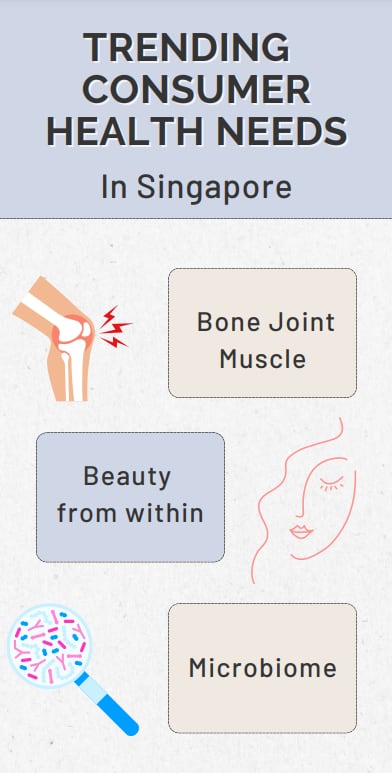
When it comes down to the actual product innovation, another challenge is about identifying the dosage formats that appeal to consumers and getting the right ingredient matrix that remains stable and effective in a particular format.
“Along the way, we do see more supplements that are coming into the market in different formats, such as gummies. The core driver for gummies is really about being great tasting while taking into consideration the sugar level intake at the same time,” said Cheang.
In this case, she said that the company has been working on either low or sugar-free gummies. Swisse children's gummies, for instance, is 99.9 per cent sugar-free.
With a plant-based focus, QN Wellness also said that new product development would be challenging as it would need to find the right plant-based ingredients.
Part IV: Regulations
Health supplements sold in Singapore do not require approval and are not evaluated by the Health Science Authority (HSA) before they can be sold locally.
Nonetheless, there are certain safeguards in place, such as the prohibition of medicinal ingredients, strict limits on toxic heavy metals in the products. False or misleading product claims are also prohibited.
Post-market surveillance is performed to monitor the safety of health supplements and to facilitate timely product recalls.
Last August, the HSA introduced a voluntary notification initiative for companies selling health supplements, traditional medicines, medicated oils, balms, and medicated plasters.
The aim is to establish a local database of safe and good quality complementary health products that consumers can refer to when they make their purchases.
Companies could submit voluntary declarations on their products to show that they comply with the published guidelines.
Inclusion into the database, however, does not signal HSA’s endorsement of these products.
According to the HSA, it will also allow for better traceability and follow-up actions if there are any safety or quality issues.
So far, industry response to the voluntary notification system is said to be “encouraging”, with 35 companies having registered their products as of 30 Sep 2023.


